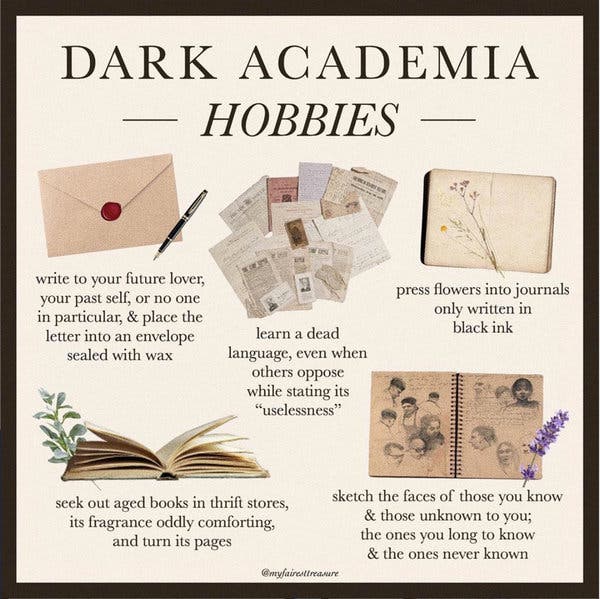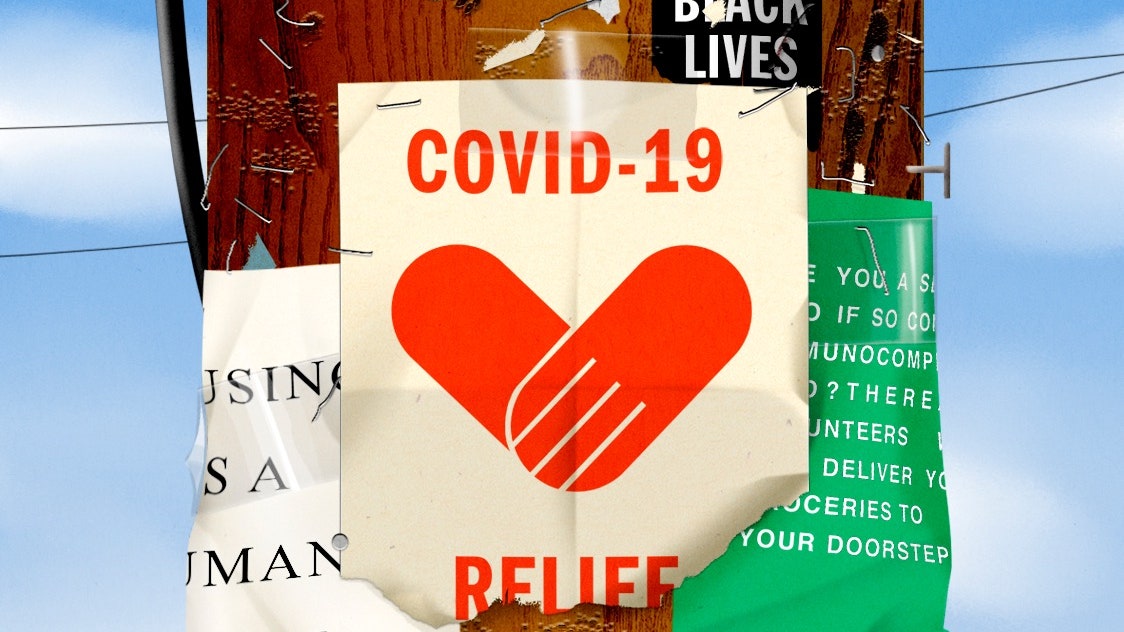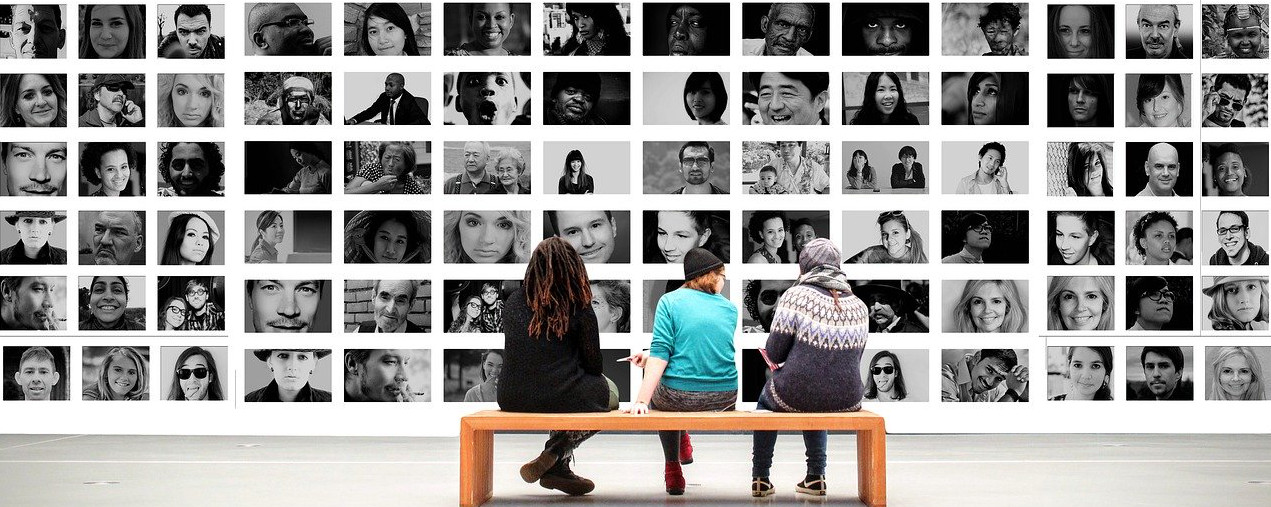I just read Dr. Bethan Tovey-Walsh’s post on her blog about why she is Leaving Humanist and it raises important issues. Willard McCarty, the moderator of Humanist, a discussion list going since 1987, allowed the posting of a dubious note that made claims about anti-white racism and then refused to publish rebuttals for fear that an argument would erupt. We know about this thanks to Twitter, where Tovey-Walsh tweeted about it. I should add that her reasoning is balanced and avoids calling names. Specifically she argued that,
If Gabriel’s post is allowed to sit unchallenged, this both suggests that such content is acceptable for Humanist, and leaves list members thinking that nobody else wished to speak against it. There are, no doubt, many list members who would not feel confident in challenging a senior academic, and some of those will be people of colour; it would be immoral to leave them with the impression that nobody cares to stand up on their behalf.
I think Willard needs to make some sort of public statement or the list risks being seen as a place where potentially racist ideas go uncommented.
August 11 Update: Willard McCarty has apologized and published some of the correspondence he received, including something from Tovey-Walsh. He ends with a proposal that he not stand in the way of the concerns voiced about racism, but he proposes a condition to expanded dialogue.
I strongly suggest one condition to this expanded scope, apart from care always to respect those with whom we disagree. That condition is relevance to digital humanities as a subject of enquiry. The connection between subject and society is, to paraphrase Kathy Harris (below), that algorithms are not pure, timelessly ideal, culturally neutral expressions but are as we are.





